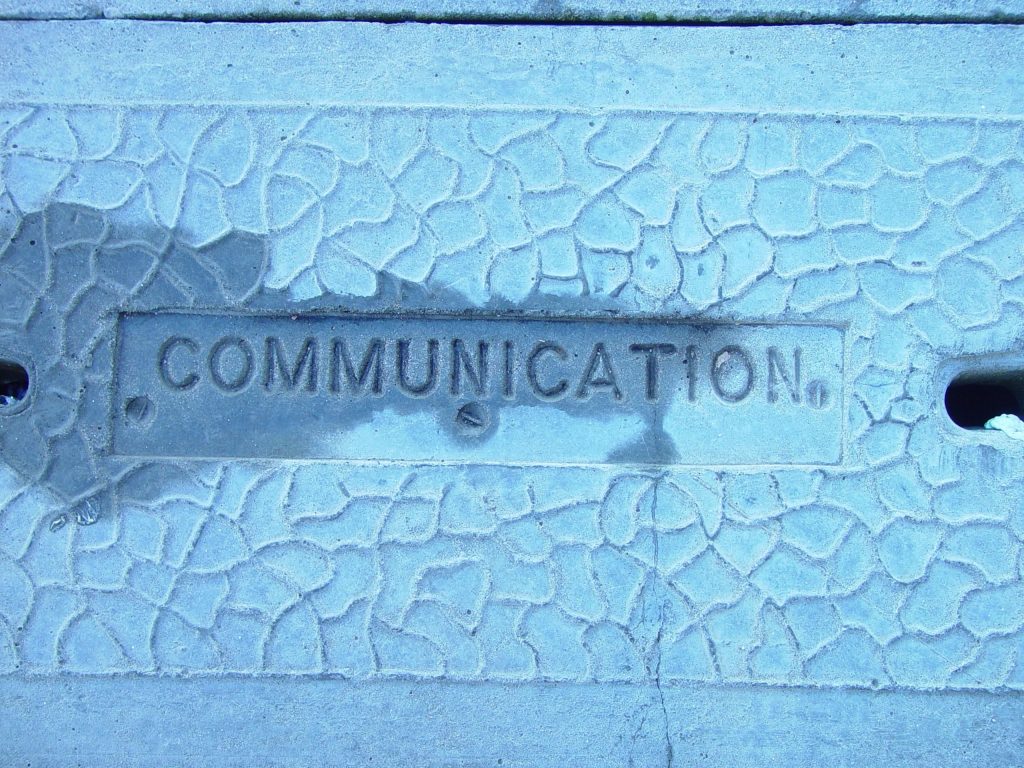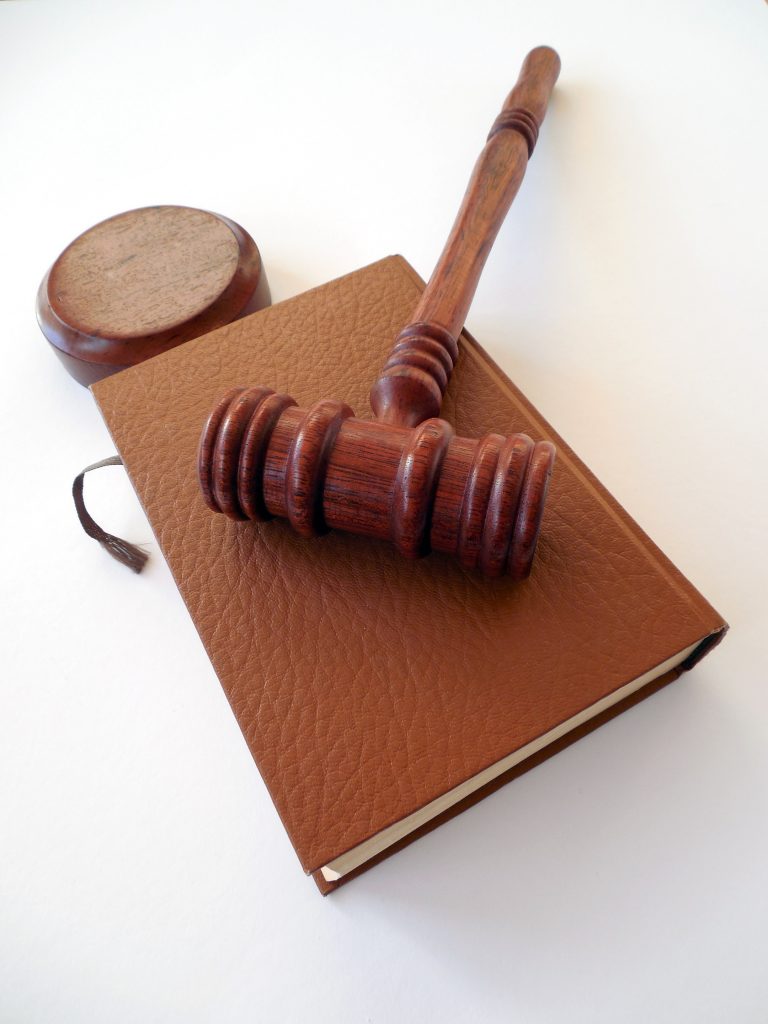 The old Disney adage from the original Bambi movie, “If you don’t have anything nice to say, don’t say anything at all,” is probably wise life advice. Still, when it comes to legal advice, any good attorney will tell you, “if you can’t establish the falsity of the claims said about you, then you likely don’t have a defamation claim.” Nevertheless, after some not-so-nice comments appeared in a local newspaper article detailing a Louisiana attorney’s alleged outburst outside a courtroom, he sued for defamation. Still, the courts were ultimately unconvinced by his arguments.
The old Disney adage from the original Bambi movie, “If you don’t have anything nice to say, don’t say anything at all,” is probably wise life advice. Still, when it comes to legal advice, any good attorney will tell you, “if you can’t establish the falsity of the claims said about you, then you likely don’t have a defamation claim.” Nevertheless, after some not-so-nice comments appeared in a local newspaper article detailing a Louisiana attorney’s alleged outburst outside a courtroom, he sued for defamation. Still, the courts were ultimately unconvinced by his arguments.
Attorney Martin Regan (“Regan”) represented St. Bernard Parish President David Peralta (“Peralta”) in a case involving multiple criminal indictments, including perjury and filing false records related to using campaign funds for his personal gambling. A grand jury found Peralta guilty on those charges brought by the District Attorney’s Office with the help of Assistant Attorney Generals David Caldwell (“Caldwell”) and Molly Lancaster (“Lancaster”). At some point during or after the proceedings, Regan confronted Lancaster about an issue in the case. According to Caldwell, the conversation between the attorneys escalated to Regan threatening Lancaster and swearing at her.
Caldwell shared his version of the events he witnessed with the New Orleans Advocate, which published his account in a newspaper article. In part, Caldwell was quoted stating that Regan was “threatening his female assistant,” “dropping F-bombs on her,” and thought that if he had gotten close enough to Regan, “he might have taken a swing at [Caldwell].” The newspaper also reached out to Regan for his comments, who, after calling Caldwell a “liar,” continued to state that he “didn’t lose his cool” and “never swore at anybody.” After that, Regan filed a lawsuit against Caldwell, the State Attorney General, and the Office of the Attorney General, seeking damages for defamation.
 Louisiana Personal Injury Lawyer Blog
Louisiana Personal Injury Lawyer Blog


 Knowing and adhering to the Rules of Civil Procedure in bringing a lawsuit cannot be understated in its importance. Before a lawsuit makes it to court, various steps and procedures must be followed for the case to proceed. Chief among these pre-trial requirements is establishing that the court has the power to decide the present case, otherwise known as the court’s jurisdiction over the case. If a court lacks judicial control over a party to the case or the subject matter involved, the case should not proceed, and the court cannot hand down a valid, binding judgment.
Knowing and adhering to the Rules of Civil Procedure in bringing a lawsuit cannot be understated in its importance. Before a lawsuit makes it to court, various steps and procedures must be followed for the case to proceed. Chief among these pre-trial requirements is establishing that the court has the power to decide the present case, otherwise known as the court’s jurisdiction over the case. If a court lacks judicial control over a party to the case or the subject matter involved, the case should not proceed, and the court cannot hand down a valid, binding judgment. The evolving nature of employment now means the relationship between employer and employee can be indirect and through different contracting methods. In addition, many people employed by one company are, in fact, on the job doing work for another. A recent case in Louisiana highlights these distinctions and the risks posed to workers and their families when seeking compensation.
The evolving nature of employment now means the relationship between employer and employee can be indirect and through different contracting methods. In addition, many people employed by one company are, in fact, on the job doing work for another. A recent case in Louisiana highlights these distinctions and the risks posed to workers and their families when seeking compensation. Some mistakes can cost you your job. Rules and regulations are drafted and enacted in the medical field to ensure a safe work environment. Before breaking a rule to get your job done, consider the danger in which you could place yourself or your interests. The following lawsuit from Slidell shows how unemployment benefits can be taken away due to employee misconduct.
Some mistakes can cost you your job. Rules and regulations are drafted and enacted in the medical field to ensure a safe work environment. Before breaking a rule to get your job done, consider the danger in which you could place yourself or your interests. The following lawsuit from Slidell shows how unemployment benefits can be taken away due to employee misconduct.  Have you ever been involved in a car accident? It’s a scary experience that can have serious consequences. If you’ve been injured in an accident, you may be entitled to compensation for your injuries and damages. But what happens when multiple parties are involved? That’s the question at the heart of a case out of Louisiana, where a car accident resulted in a lawsuit between multiple parties. The case raises important questions about the legal responsibility of parties in a car accident and the process for resolving disputes in court.
Have you ever been involved in a car accident? It’s a scary experience that can have serious consequences. If you’ve been injured in an accident, you may be entitled to compensation for your injuries and damages. But what happens when multiple parties are involved? That’s the question at the heart of a case out of Louisiana, where a car accident resulted in a lawsuit between multiple parties. The case raises important questions about the legal responsibility of parties in a car accident and the process for resolving disputes in court. Driving while on the job can be a common occurrence for many employees. Sometimes you may even use your personal vehicle on a workplace errand. If so, beware; Accidents happen, and your employer’s insurance may not cover you.
Driving while on the job can be a common occurrence for many employees. Sometimes you may even use your personal vehicle on a workplace errand. If so, beware; Accidents happen, and your employer’s insurance may not cover you.  Activities on the water carry inherent risks. If you are injured while on the water, laws of admiralty and maritime jurisdiction generally rule. There are also allowances to invoke admiralty jurisdiction for injuries on land. To do so, one must satisfy conditions of both location and connection with maritime activity. But what happens if you are injured on a boat on land? Can you file a lawsuit with maritime claims? The following lawsuit out of Manchac, Louisiana, helps answer this question in the context of a prescription argument.
Activities on the water carry inherent risks. If you are injured while on the water, laws of admiralty and maritime jurisdiction generally rule. There are also allowances to invoke admiralty jurisdiction for injuries on land. To do so, one must satisfy conditions of both location and connection with maritime activity. But what happens if you are injured on a boat on land? Can you file a lawsuit with maritime claims? The following lawsuit out of Manchac, Louisiana, helps answer this question in the context of a prescription argument.  Discrimination in the workplace should never be accepted. If you feel that you have been discriminated against for age or disability reasons, the law allows you to seek damages. A lawsuit of that nature is not unlike others; proof and evidence are required to proceed with your claims. The following case out of New Orleans shows why sufficient evidence is required to proceed with a discrimination or hostile workplace claim.
Discrimination in the workplace should never be accepted. If you feel that you have been discriminated against for age or disability reasons, the law allows you to seek damages. A lawsuit of that nature is not unlike others; proof and evidence are required to proceed with your claims. The following case out of New Orleans shows why sufficient evidence is required to proceed with a discrimination or hostile workplace claim.  Filing for bankruptcy can be an overwhelming experience.
Filing for bankruptcy can be an overwhelming experience. Injuring yourself while on the job is not fun for anyone, especially when your accident further exacerbates a previous workplace injury. What happens if you then try to seek retroactive benefits from your previous injury? You may run into an issue of prescription (otherwise known as the statute of limitations). A 2016 case from Terrebonne Parish explores how prescription can play out in a compound workplace injury.
Injuring yourself while on the job is not fun for anyone, especially when your accident further exacerbates a previous workplace injury. What happens if you then try to seek retroactive benefits from your previous injury? You may run into an issue of prescription (otherwise known as the statute of limitations). A 2016 case from Terrebonne Parish explores how prescription can play out in a compound workplace injury.